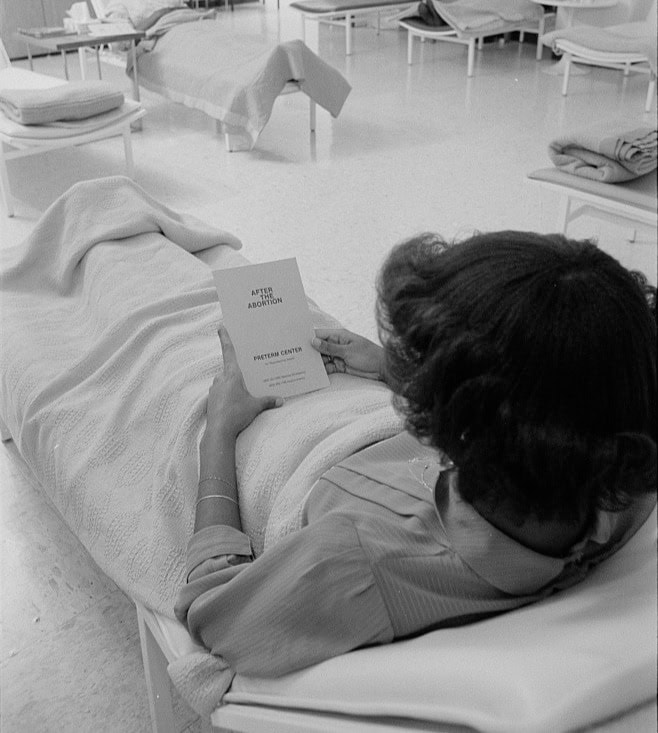The October 2007 issue of Perspectives featured a forum on a subject that takes an enormous amount of faculty members’ time, yet is rarely discussed in scholarly venues—how to write effective letters of recommendation. The three distinguished scholars who contributed to the forum focused their attention on letters that could help shape the careers of graduate students and recent PhDs, especially those who are seeking positions in academia. But they left out discussion of an equally important category of students—the vast numbers of undergraduates whose academic and career ambitions also necessitate letters of recommendation from their teachers and mentors.
Another Kind of Letter
Like many other readers of Perspectives, I teach and serve only undergraduates, very few of whom pursue graduate work in history, but who, nevertheless, require an endless stream of letters for jobs and scholarships (internal as well as external), and for admission into graduate and professional programs in education, law, medicine, and other fields.
A letter on behalf of an undergraduate student may seem mundane compared to a letter recommending a candidate one has shepherded through the PhD process for a tenure-track position. Letters of recommendation are, nevertheless, of great importance to the undergraduates who seek them and, because they are more mundane, are in virtually constant demand.
It seems only reasonable to offer, especially to new faculty members faced with their first onslaught of requests, some suggestions for optimizing the recommendation process for undergraduates.
Different Rules Apply
Much of the advice concerning graduate students does not apply to undergraduates. For example, the author of one of the articles in the forum advised students seeking letters, “If you never contact someone except to ask for a recommendation, you should think again.” Not all undergraduates, especially in their freshman and sophomore years, have the luxury of getting to know their teachers at all, let alone well; nor is this necessarily a requirement to write legitimately and compellingly on their behalf.
Students who have just completed one of my lower-division survey classes may come to me seeking letters to support their applications to become, for example, resident directors in their dormitories. Their potential employers don’t need me to have met extensively with such students outside the classroom. They’re not particularly interested in these students’ potential as scholars. What they want to know is: Do these students show up on time and take responsibility for their work? Are their grades sufficiently high to indicate that they can take on additional obligations? How is their rapport with others? In class did they in any way demonstrate the kind of maturity and leadership necessary to carry out the responsibilities of the desired position? Letters of this kind, unlike the longer letters that may be needed for graduate students, can and should be very brief: a couple of paragraphs are all that are required.
Scholars seeking to place their graduate students are warned that “letters written on a generic template serve no significant purpose at this level of scrutiny.” For the more routine letters, just the opposite is fortunately true. Not only should letters be brief, but using a template to frame your individual letters not only saves you time, but allows the evaluator to more readily discern the most necessary and helpful information.
Information Gathering: Asking the Right Questions
I don’t have an actual template, but most of my letters follow a general format, which is based on efficient information gathering at the onset of the process. That process usually begins when a student comes by my office to make the request in person, but increasingly it starts with an e-mail from a recent graduate who has decided to pursue graduate school. The first thing I do, if the position being sought isn’t completely clear to me, is to ask for more information. What kind of a job or program is this? What are the requirements? If it isn’t immediately evident, I ask if there’s a particular qualification or skill set that the student wishes me to emphasize.
Once I genuinely understand what the job or position entails, I ask the student to provide me with a written list, including the titles of classes taken with me and the semesters/terms in which they were taken, the titles of any research papers written for those classes, and a c.v. or resume if one is available. If there is no official application form noting the name and full address to which the letter is to be sent and the submission deadline, I ask the student to include that on the written list as well.
Writing the Letter
Once I have all the necessary information in front of me, I begin my letter by stating that I am writing in support of Student X’s application for the position desired. By establishing the degree of that support (“with the utmost enthusiasm,” for example, or “with considerable enthusiasm,” or “strongly,” or “with some qualifications”), I set the tone, and spend the rest of the letter explaining my reasons for my assessment. I start by establishing the longevity of my relationship with the student: “I first met Student X when he/she enrolled in my lower-division course ‘Women in American Society’ (History 84),” and note any subsequent courses. I try to give a sense of how well I got to know this student: “In this course of 40 lively students, Student X was memorable for making contributions to class discussion that were so thoughtful and original they frequently raised the level of discussion for the entire class.” “Student X made the most of every learning opportunity, meeting with me during office hours on several occasions to pursue in depth concepts we had only touched on in class.”
Many employers are not interested in students’ specific scholarly abilities, but students rarely pursue positions that do not value critical thinking, excellent writing skills, creativity, and originality. For this reason, I offer an honest assessment of students’ abilities in those areas. For graduate programs, I am more detailed and specific, giving the titles of research papers and commenting on the quality of their prose as well as the authors’ scholarly abilities and potential.
Special Issues for Contingent Faculty
Contingent faculty (part-timers, full-timers off the tenure track, and graduate students) face special concerns. According to the American Association of University Professors, contingent faculty made up 68 percent of the professoriate as of 2005, a trend that has many implications for writers of letters of recommendation. I was a lecturer for 14 years before coming on to the tenure track. While I believed that my ability to assess a student’s skills and promise was based more on my acumen and experience than on my title, I nevertheless worried that my status would make the letters written on behalf of my students less compelling. My first department chair tried to allay those fears, expressing his belief that I was, for many of our students, the most qualified to judge their work and that therefore my letters would carry the most weight. While I found merit in his argument, I suspected that his position was at least in part also motivated by fears that the department’s ever-decreasing numbers of senior faculty would be overwhelmed by recommendation requests if ever-increasing contingent faculty were dissuaded from writing letters. My solution was to explain my concerns about the relative weight of my letters to the students seeking my assistance in more substantive matters. As a result, applicants to graduate schools sometimes sought letters instead from my more senior colleagues.
Most students didn’t care about these finer distinctions and, I suspect, neither did their potential employers. I did, however, take care to establish my expertise by providing useful context: “Student X is one of the most promising students I have encountered in my X years of university teaching.” Contingent faculty should not appear defensive about their academic titles, but should consider using the large numbers of students they are often routinely assigned to teach to bolster their authority as experts on students’ qualifications.
Final Thoughts
Letters of recommendation are an integral, time-consuming, and important (if unsung) part of our work, even at the undergraduate level. They need not, however, be overwhelming, if we are clear at the onset about exactly what is required and cultivate writing with clarity and efficiency.
Nancy C. Unger is associate professor of history at Santa Clara University. The revised, paperback edition of her book Fighting Bob La Follette: The Righteous Reformer will be released by the Wisconsin Historical Society Press this fall, and her current book project is on women in American environmental history.


